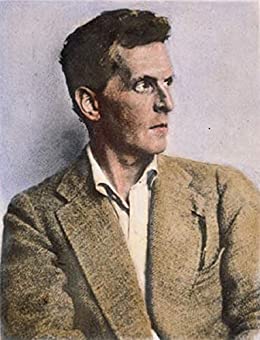
Ludwig Wittgenstein was a British philosopher whose work is his analytic philosophy on the logical relationship between propositions and the world.
Below is an excerpt from a biography of Ludwig Wittgenstein included with our books.
| Title | Published |
|---|---|
| Tractatus Logico-Philosophicus | 1921 |
Ludwig Wittgenstein was born on Apirl 26, 1889 in Vienna, Austria.
Ludwig Wittgenstein was born into one of the richest families in Vienna. He was taught by private tutors at home until he was fourteen years old. In 1903 when he was 14, he began his three years of formal schooling at the Realschule in Linz.
Adolf Hitler was also at the Realschule in Linz for the same time. It was argued that the boys met each other and that Hitler would have disliked Wittgenstein, a “stammering, precocious, precious, aristocratic upstart.” Wittgenstein’s wealth and unusual personality may have fed Hitler’s antisemitism.
Wittgenstein and Hitler were both at the school during the 1904–1905 school year at the Realschule in Linz. However, Hitler had been held back a year while Wittgenstein was moved forward by one.
Wittgenstein decided at the Realschule that he had lost his faith in God. As a teenager, Wittgenstein adopted the philosophy of mathematics and abandoned epistemological idealism. However, Wittgenstein’s mature life was strongly marked by religious thought and feeling. He wrote that “Bach wrote on the title page of his Orgelbuechlein, ‘To the glory of the most-high God, and that my neighbour may be benefited thereby.’ That is what I would have liked to say about my work.”
While a student at the Realschule, Ludwig was also influenced by Austrian philosopher Otto Weininger’s 1903 book Sex and Character. Ott argued that the only life worth living is the spiritual one.
Ludwig Wittgenstein began his studies in mechanical engineering at the Technische Hochschule in Charlottenburg, Berlin, on October 23, 1906.
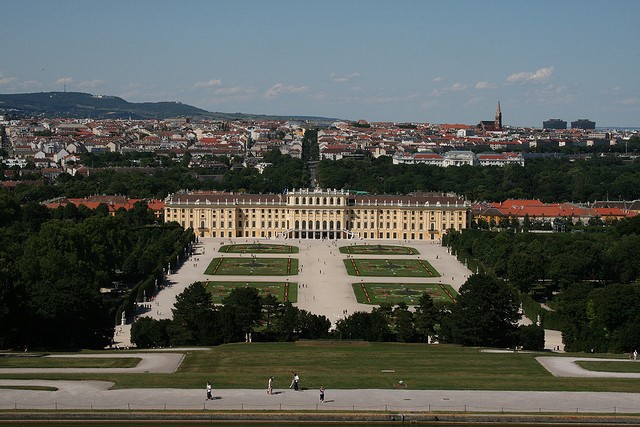
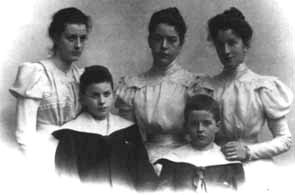
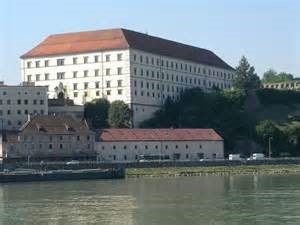
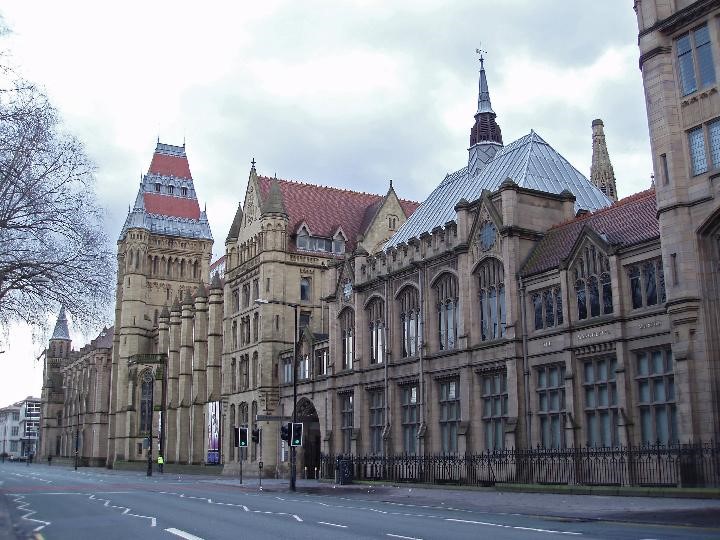
Ludwig arrived at the Victoria University of Manchester in the spring of 1908 to complete his doctorate for aeronautical projects. It was at this time that he became interested in the foundations of mathematics after reading Bertrand Russell’s The Principles of Mathematics and Gottlob Frege’s Grundgesetze der Arithmetik vol. 1 and vol. 2.
In the summer of 1911 he visited Frege at the University of Jena to show him the works that he had written.
Karl Popper struck up a position against Wittgenstein’s through his paper paper “Are there philosophical problems?” Popper contended that problems in philosophy were real, not just linguistic puzzles as Wittgenstein argued. In 1912 Wittgenstein joined the Cambridge Moral Sciences Club, an influential discussion group for philosophy and Karl Popper was also invited as the guest speaker by the club in 1912. It was the only time Russell, Popper, and Witgenstein, three of the most eminent in the world, were ever in the same room together.
John Maynard Keynes also invited Witgenstein to join the Cambridge Apostles, an elite club founded in 1820, which both Russell and G. E. Moore had joined. However, Wittgenstein did not enjoy it and went to the club infrequently.
Karl Wittgenstein, Ludwig Wittgenstein’s father, died on 20 January 1913. After receiving his inheritance, Wittgenstein became one of the wealthiest men in Europe. He donated some of his money to Austrian artists and writers.
In 1913 he retreated to the village of Skjolden in Norway to write Notes on Logic, the predecessor of much of the Tractatus.
G. E. Moore visited Wittgenstein in Norway in 1914. When he returned to Cambridge, Moore asked the university to consider accepting Logik as sufficient for a bachelor’s degree to Wittgenstein, but Cambridge refused due to that the book wasn’t formatted properly.
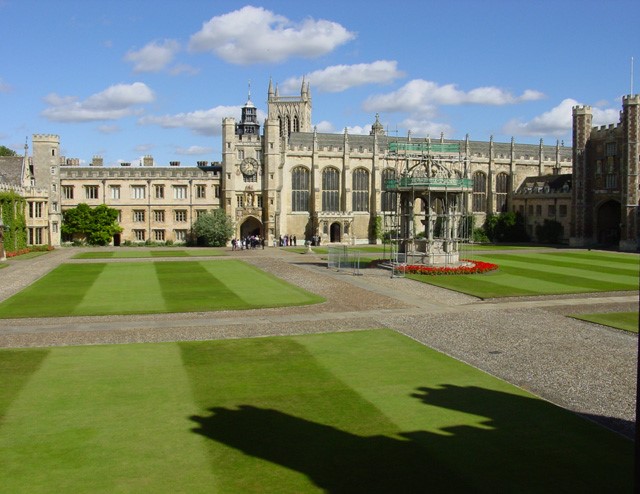
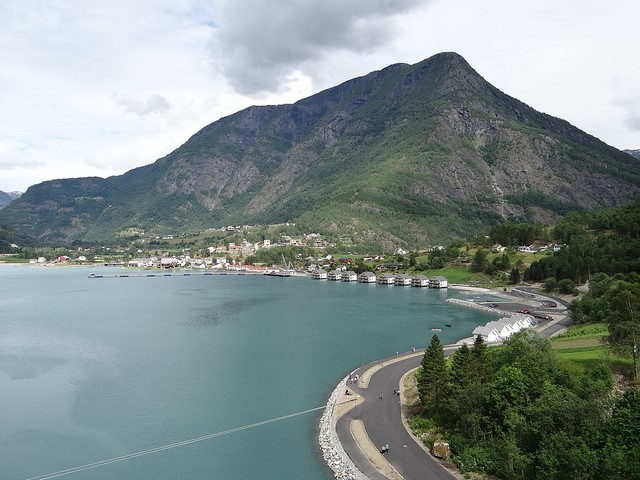
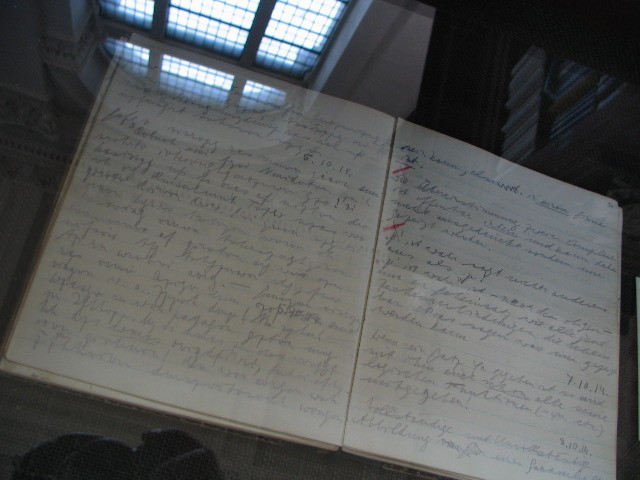
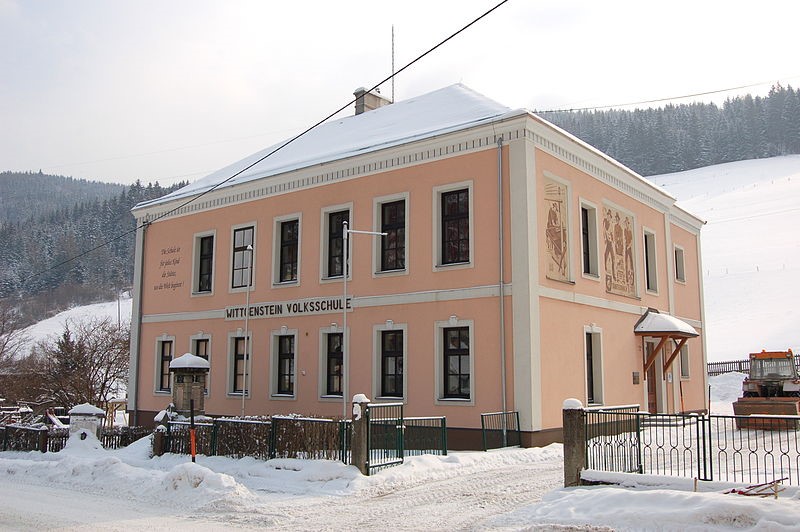
On World War I, Wittgenstein volunteered for the Austro-Hungarian Army. In 1918, he was promoted to lieutenant and was recommended for one of the highest honours in the Austrian army. He was awarded the Band of the Military Service Medal with Swords.
During the war, Wittgenstein kept notebooks for writing philosophical reflections alongside personal remarks. In the summer of 1918 Wittgenstein took military leave and went to stay in one of his family’s Vienna summer houses, Neuwaldegg. In August 1918, he completed the Tractatus at Neuwaldegg. After completing the great work, he submitted with the title Der Satz to the publishers Jahoda and Siegel.
He returned to his family in Vienna on 25 August 1919 and decided to enroll in teacher training college as an elementary school teacher and to give up his fortune. In September 1919 he was enrolled in the teacher training college in the Kundmanngasse in Vienna.
In 1920, Wittgenstein was given his first job as a primary school teacher in Trattenbach under his real name in a remote village of a few hundred people.
While Wittgenstein was living in isolation in rural Austria, the Tractatus was published in German in 1921 as Logisch-Philosophische Abhandlung. Russell had agreed to write an introduction to explain why it was important. An aim of the Tractatus is to show the relationship between language and the world, what can be said about it and what can only be shown.
The Tractatus was the subject of much debate amongst philosophers in 1926 and a discussion group of philosophers, scientists and mathematicians, known as the Vienna Circle, had been built up as a result of reading the Tractatus.
Wittgenstein in1926 developed a modern house, Haus Wittgenstein.
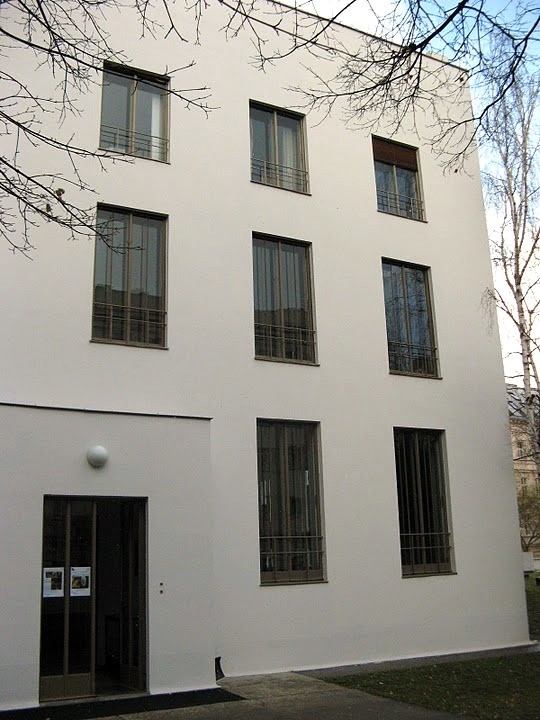
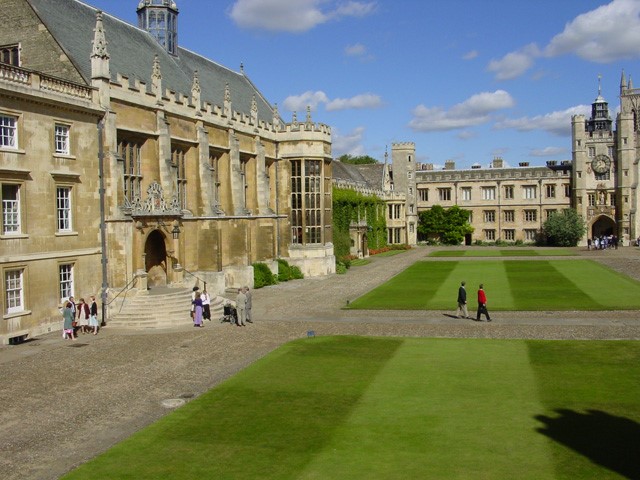
Wittgenstein returned to Cambridge in 1929 and Keynes wrote in a letter to his wife: “Well, God has arrived.” Russell and Moore urged Wittgenstein to offer the Tractatus as his thesis for PhD in order to get a position at Cambridge. The book was examined in 1929 by Russell and Moore. Moore wrote in the examiner’s report that “I myself consider that this is a work of genius; but, even if I am completely mistaken and it is nothing of the sort, it is well above the standard required for the Ph.D. degree.” Wittgenstein was appointed as a lecturer and was made a fellow of Trinity College.
From 1936 to 1937, Wittgenstein lived again in Norway where he worked on the Philosophical Investigations.
After G. E. Moore resigned the chair in philosophy in 1939, Wittgenstein was elected and acquired British citizenship soon afterwards.
Wittgenstein resigned the professorship at Cambridge in 1947 to concentrate on his writing. In 1947 and 1948, he travelled to Ireland, staying at Ross’s Hotel in Dublin and at a farmhouse in Red Cross, County Wicklow.
He also accepted an invitation from Norman Malcolm, the professor at Cornell University, to stay with him and his wife for several months at Ithaca, New York in 1949.
He returned to London in 1949 and he was diagnosed with an inoperable prostate cancer. By the beginning of 1951, Wittgenstein was clear that he had little time left and wrote to Malcolm on April 16 of 13 days before his death that “An extraordinary thing happened to me. About a month ago I suddenly found myself in the right frame of mind for doing philosophy. I had been absolutely certain that I’d never again be able to do it. It’s the first time after more than 2 years that the curtain in my brain has gone up. Of course, so far I’ve only worked for about 5 weeks and it may be all over by tomorrow; but it bucks me up a lot now.”
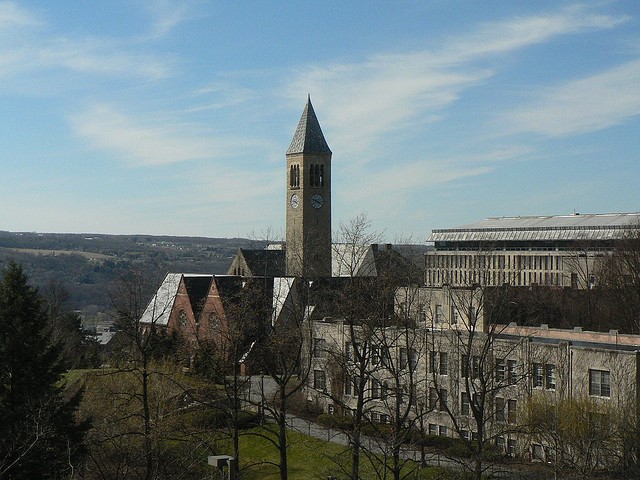
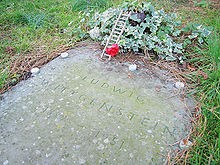
It was Wittgenstein’s 62nd birthday on April 26, 1951. On April 28, 1951 just before losing consciousness of the last time, he said to the doctor that “Tell them I’ve had a wonderful life”.
Wittgenstein died at 76 Storey’s Way, Cambridge and permanently settled at the Ascension Parish Burial Ground in Cambridge.